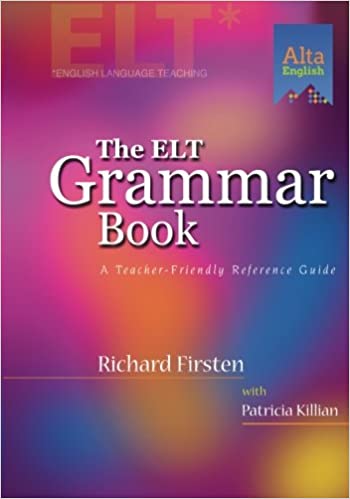Today, we’ll look at the English adjectives “any” and “some.” These words basically have the same meaning, but are used in different kinds of sentences. “Any” is used in “negative” statements, sentences that use the word “not.” “Some” is used in “positive” statements that don’t contain the word “not.” This can seem a little confusing at first. Below is a chart that shows the difference between using “any” and “some,” with example sentences. In the far right column, you can see some common mistakes.

Let’s look a little more closely at the two incorrect sentences. Why are they wrong, and how can we fix them?
1) That man has any money.
Why it’s wrong:
This is a positive statement. The sentence states that the man does have money. However, “any” is only supposed to be used in negative statements. When you use “any” in a positive statement, it will sound very strange.
Some ways to correct it:
Use “some” instead: The man has some money.
Use an adjective that works in both negative and positive statements instead: The man has much money.
Use no adjective at all: The man has money.
2) There are not some trees in the desert.
Why it’s wrong:
This statement is negative. It means that the desert has no trees. “Some” is supposed to only be used in positive statements. “Some” sounds confusing and out of place in this negative sentence.
Some ways to correct it:
Use “any” instead: There are not any trees in the desert.
Use an adjective that words in positive or negative statements instead: There are not a lot of trees in the desert.
Use no adjective at all: There are not trees in the desert.
Why this is important on the TOEFL:
“Any” and “some” are especially important in TOEFL Speaking and Writing.
The official TOEFL Speaking rubric takes away points if you don’t demonstrate “automaticity” and “good control of basic… structures.” “Any” and “some” are very basic words that fluent English speakers should be able to use automatically.
Similarly, the TOEFL Writing rubric takes points away for “frequent or noticeable minor language errors,” and unclear meaning. These problems can easily happen with misuse of “any” or “some.” Suppose a test-taker accidentally writes, “The professor has any opinions.” It’s obviously a mistake, but it’s hard to tell if the incorrect sentence means that the professor has some opinions, or means the professor doesn’t have any opinions. This error, while small, makes the meaning of the writing very unclear.
“Any” and “some” are adjectives, but they’re also root words for certain adverbs and pronouns. As you might expect, adverbs and pronouns with the root word “any” also should only be used in negative statements. Similarly, adverbs and pronouns rooted in “some” should appear in positive statements. We’ll take a look at these adverbs and pronouns in a later post.





